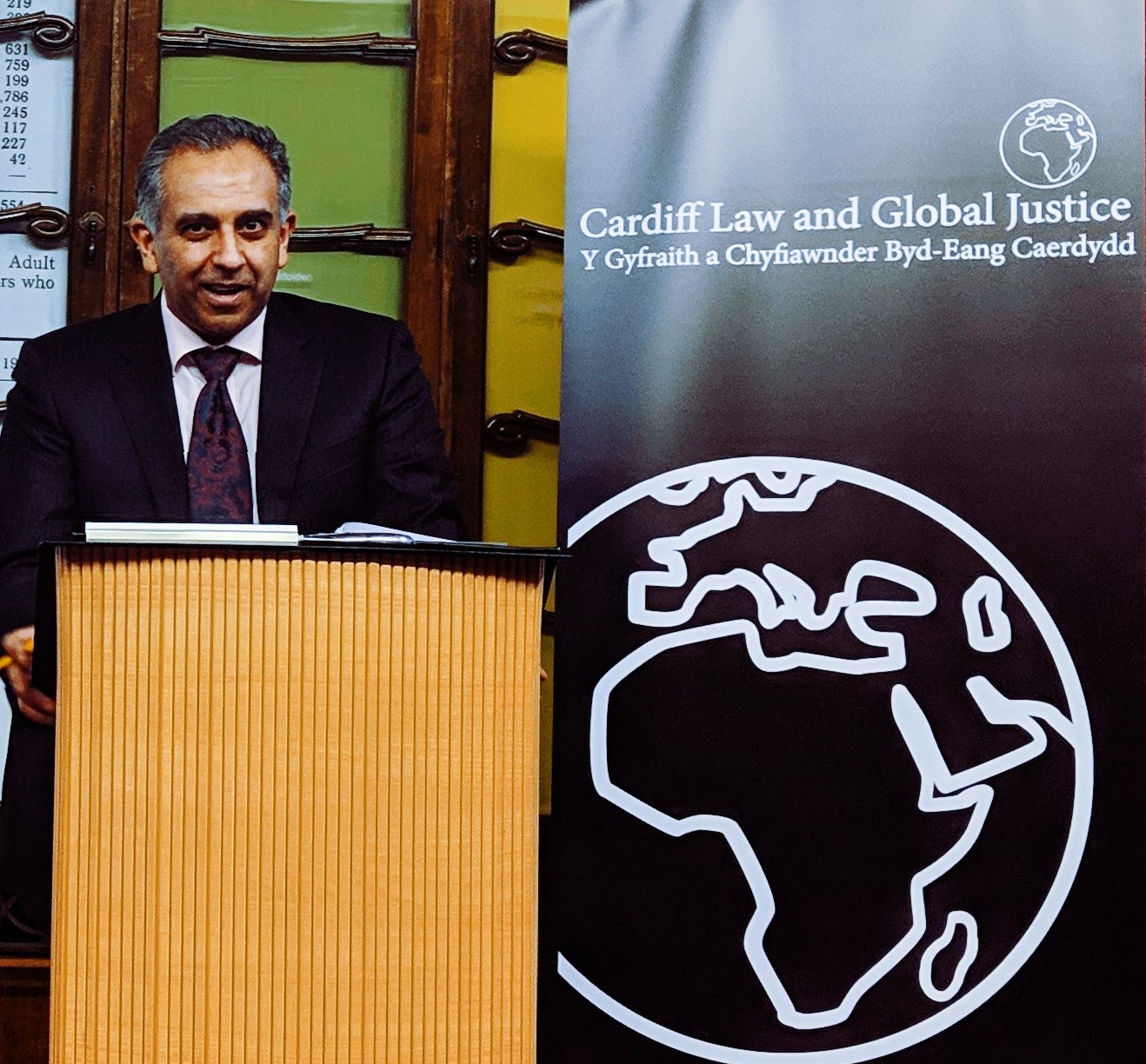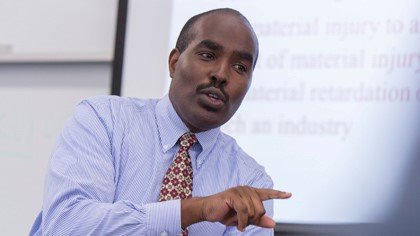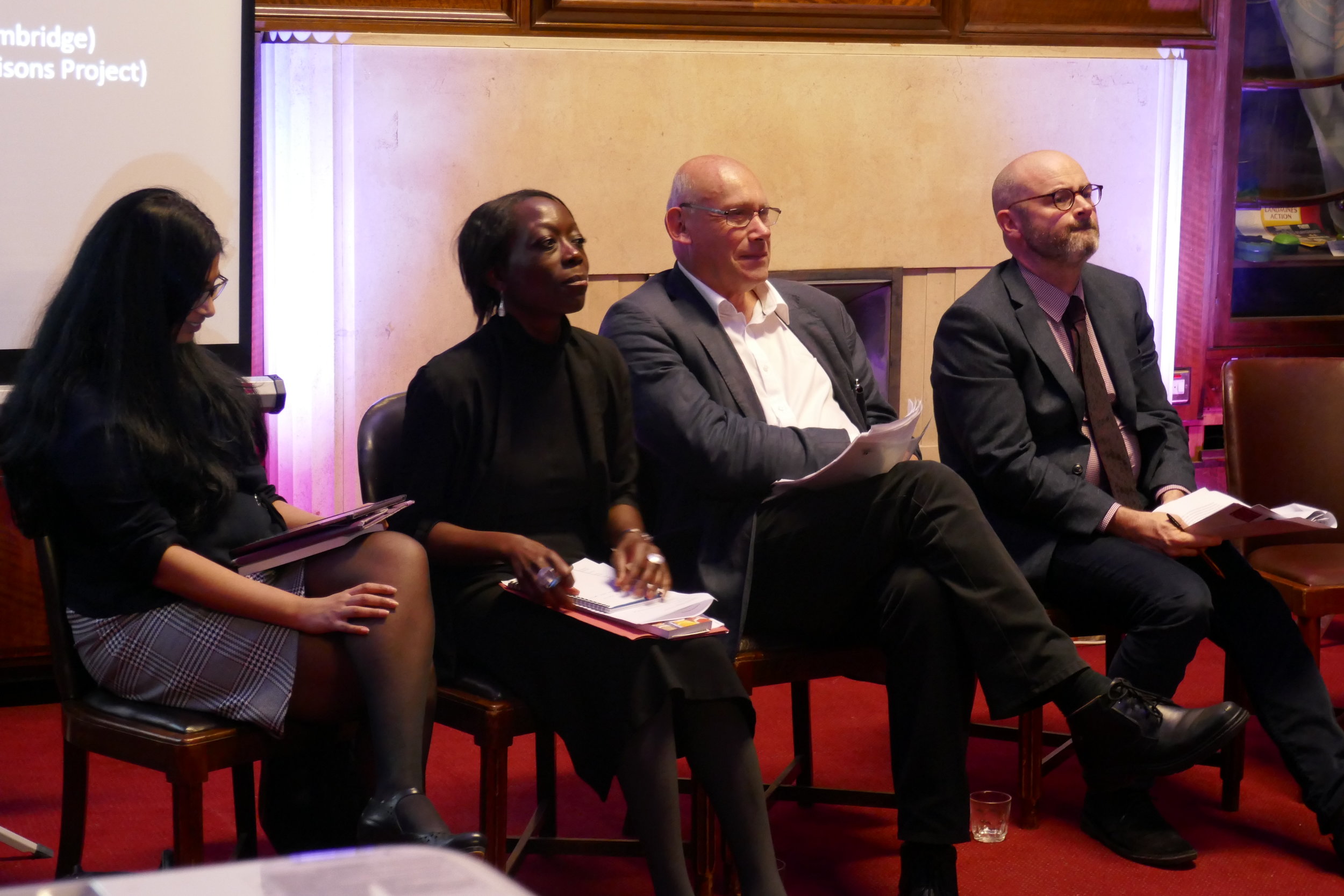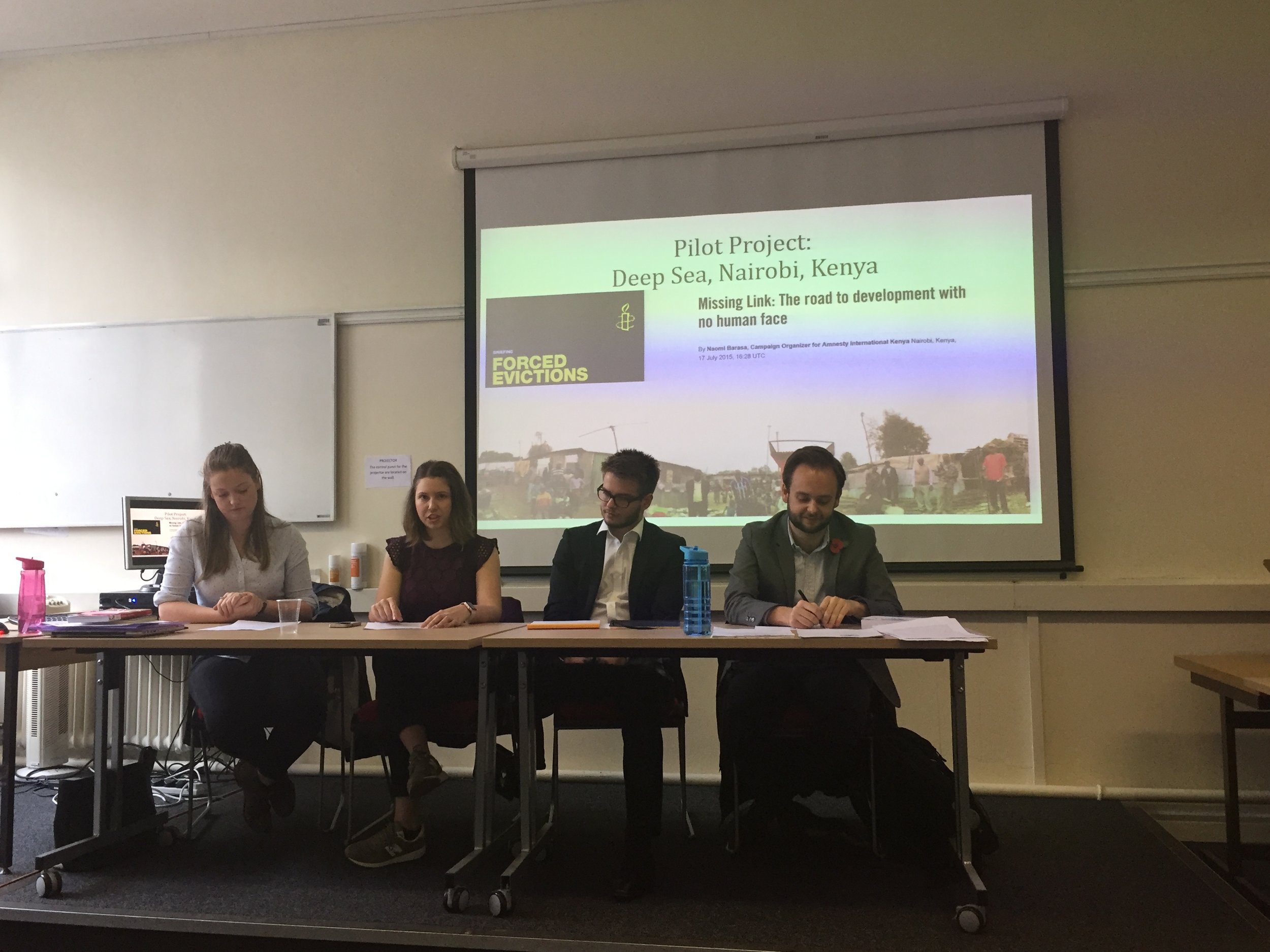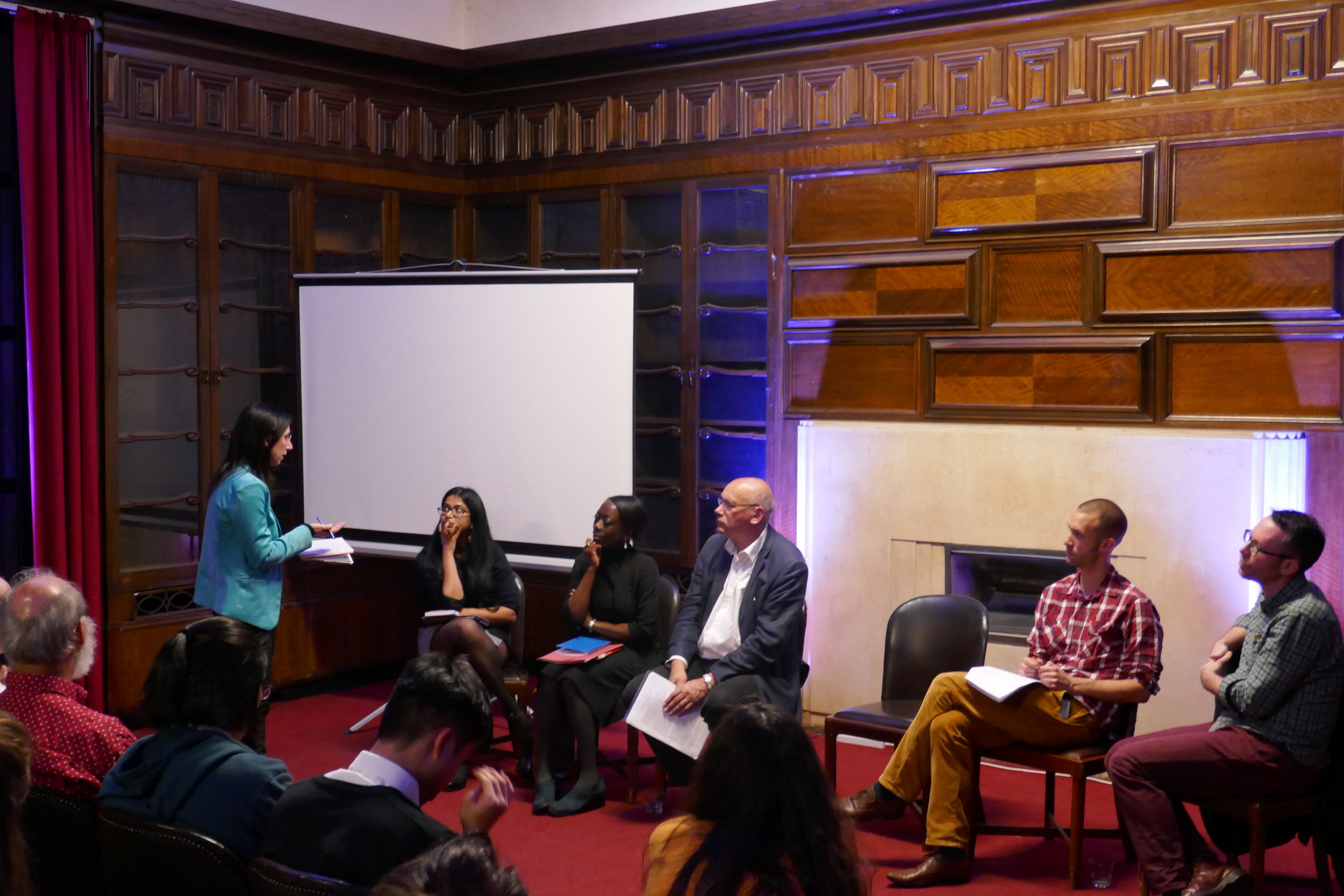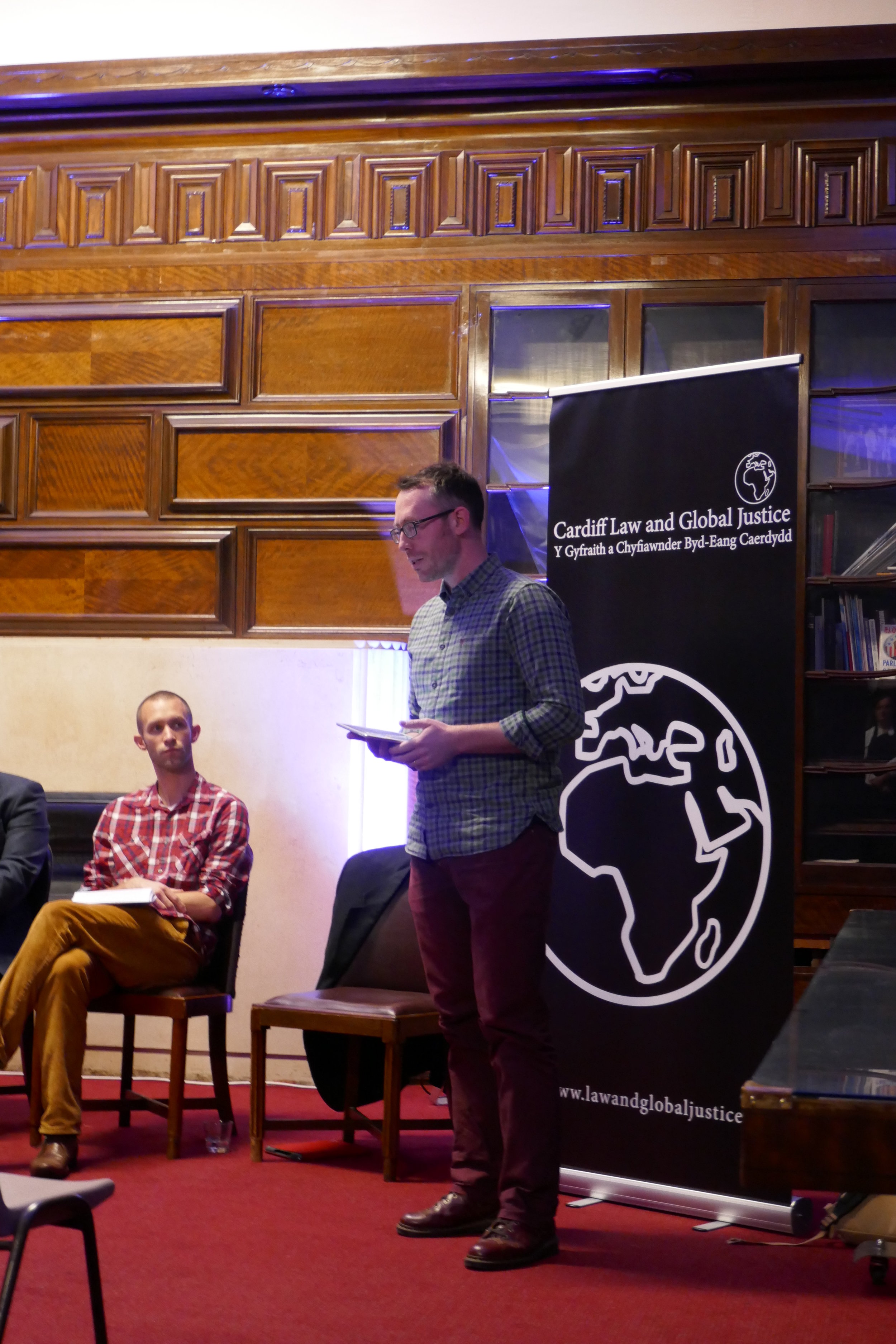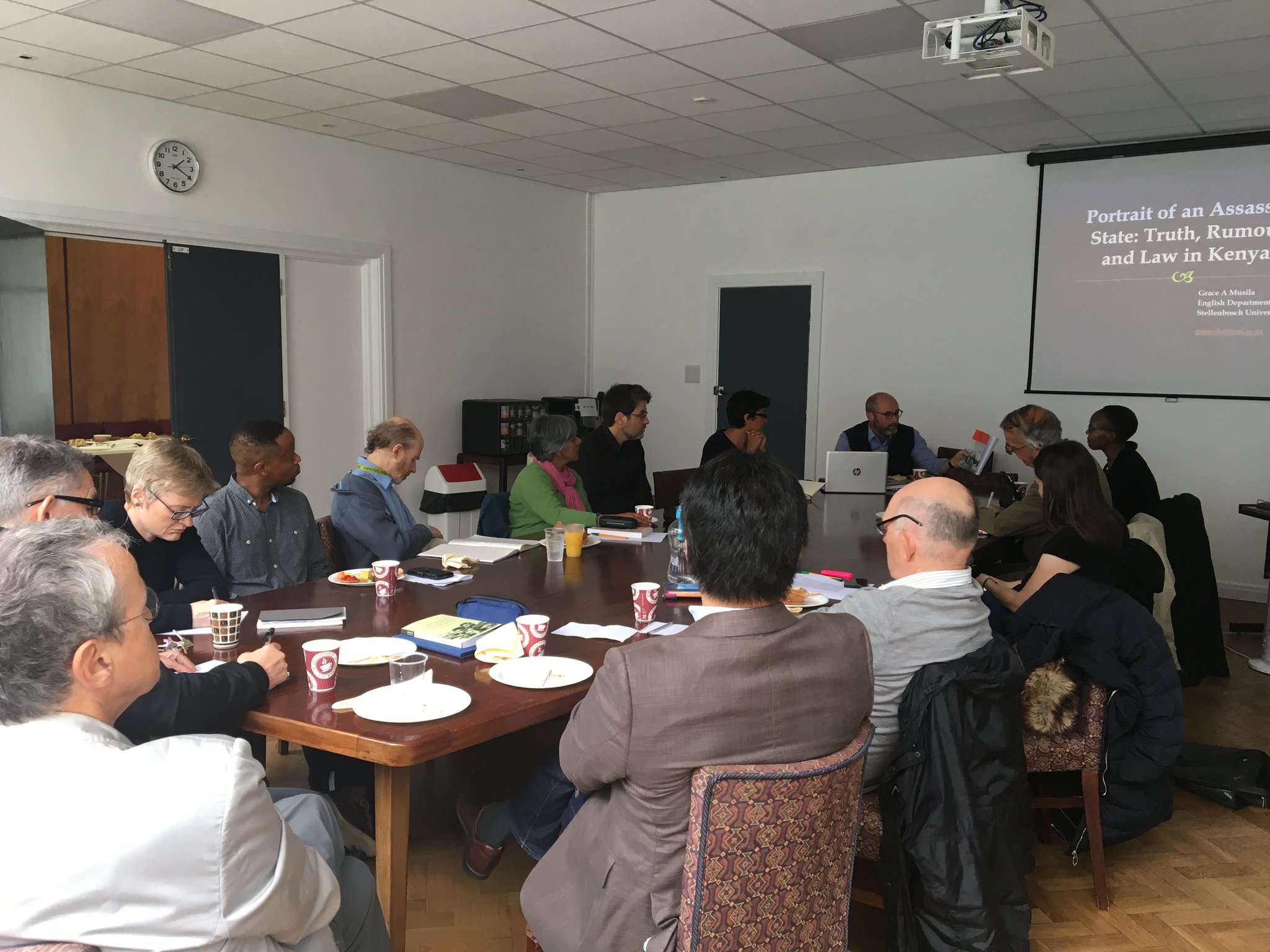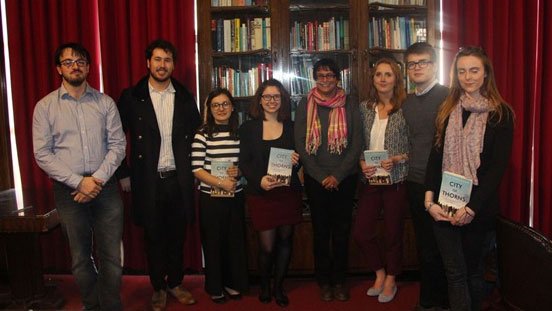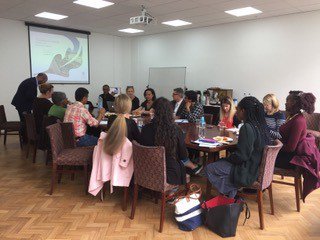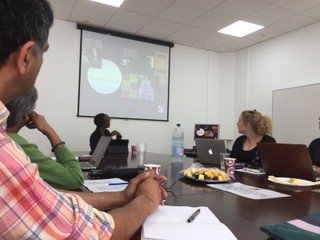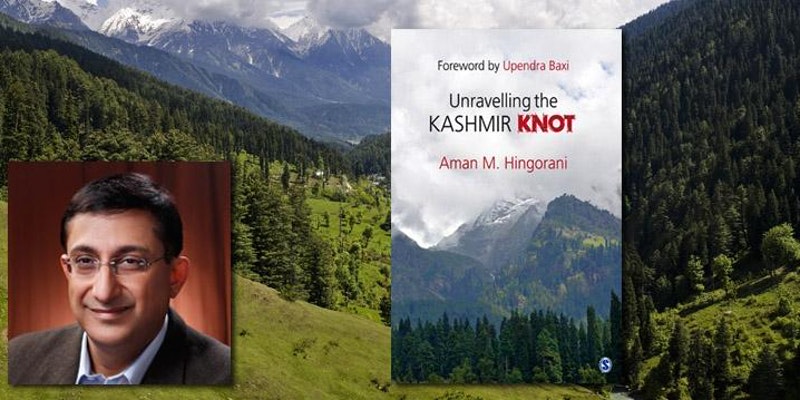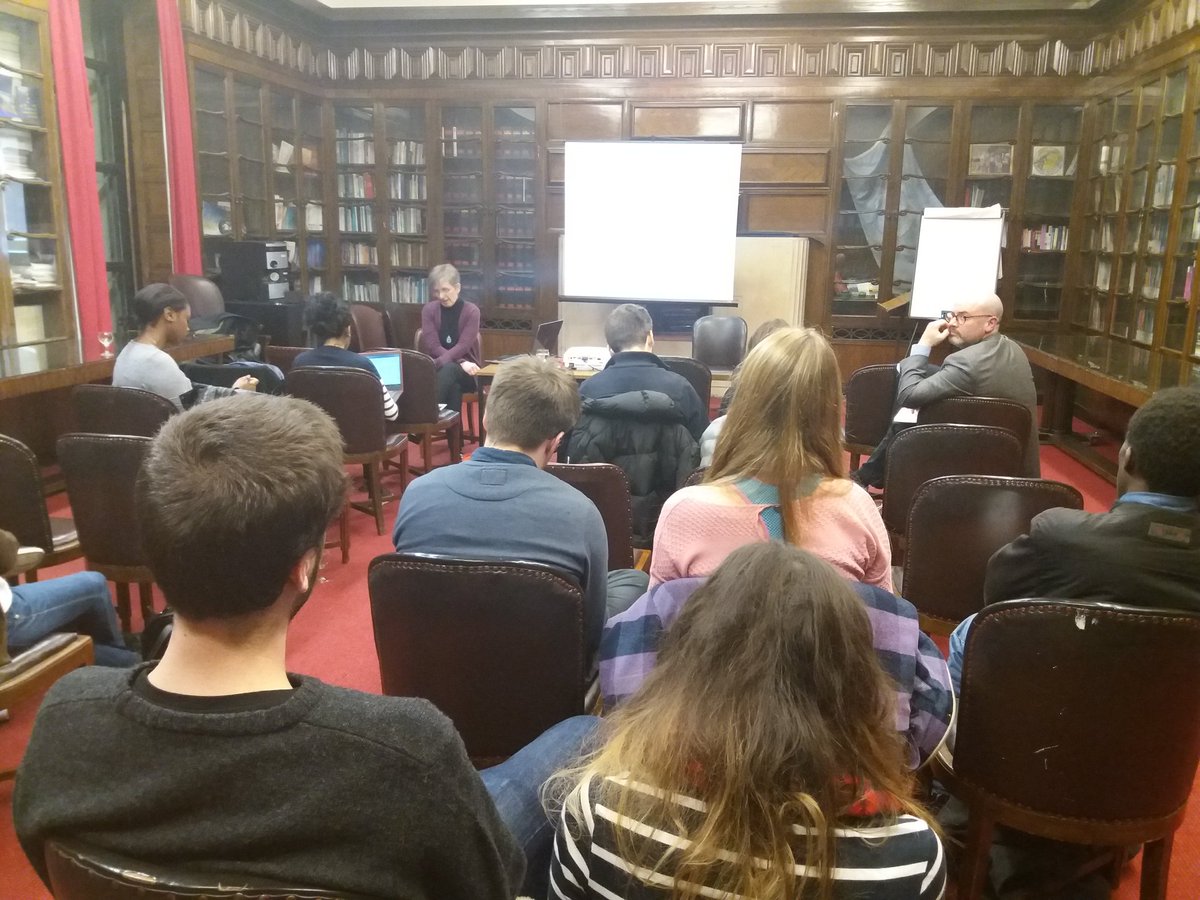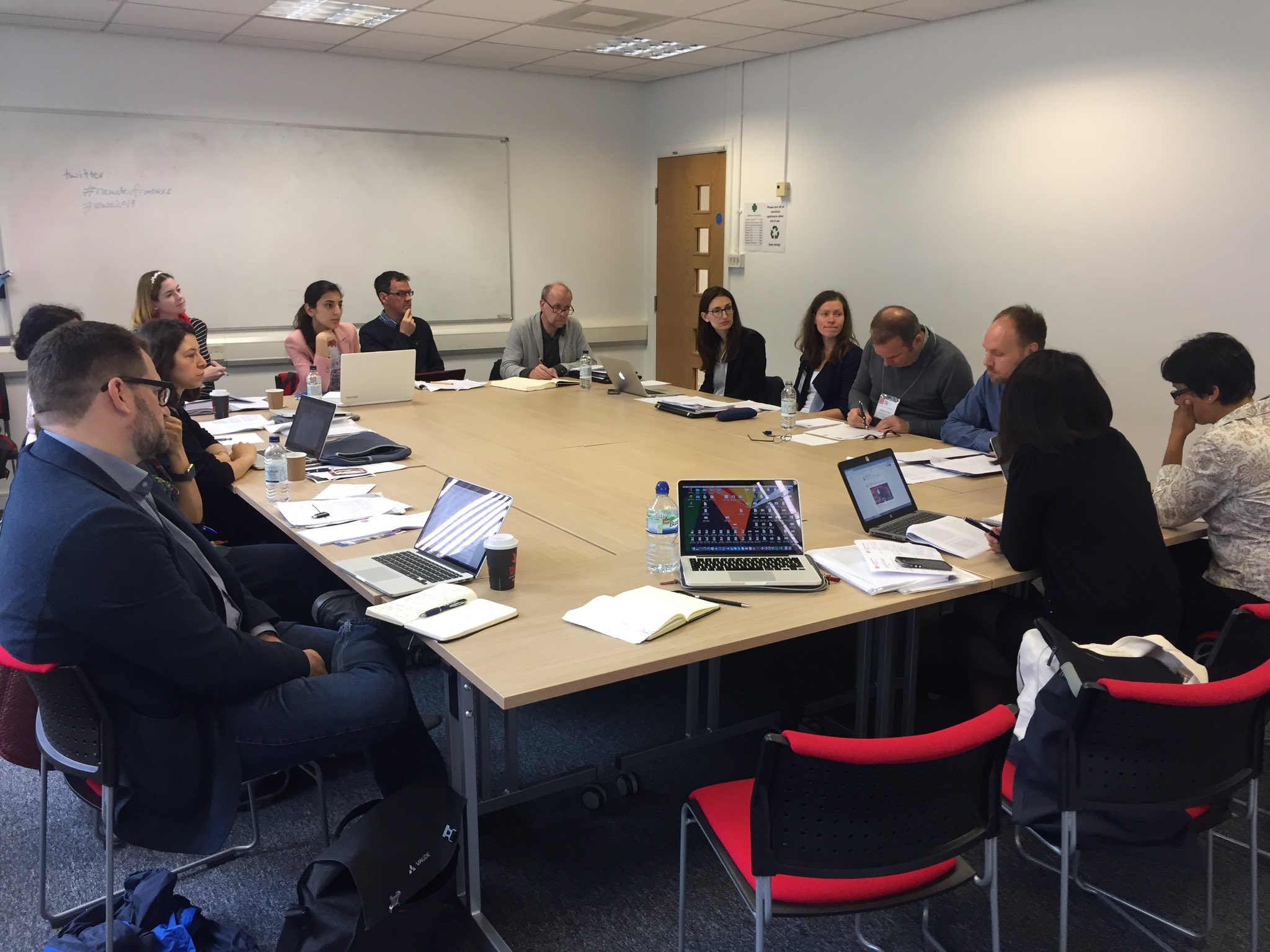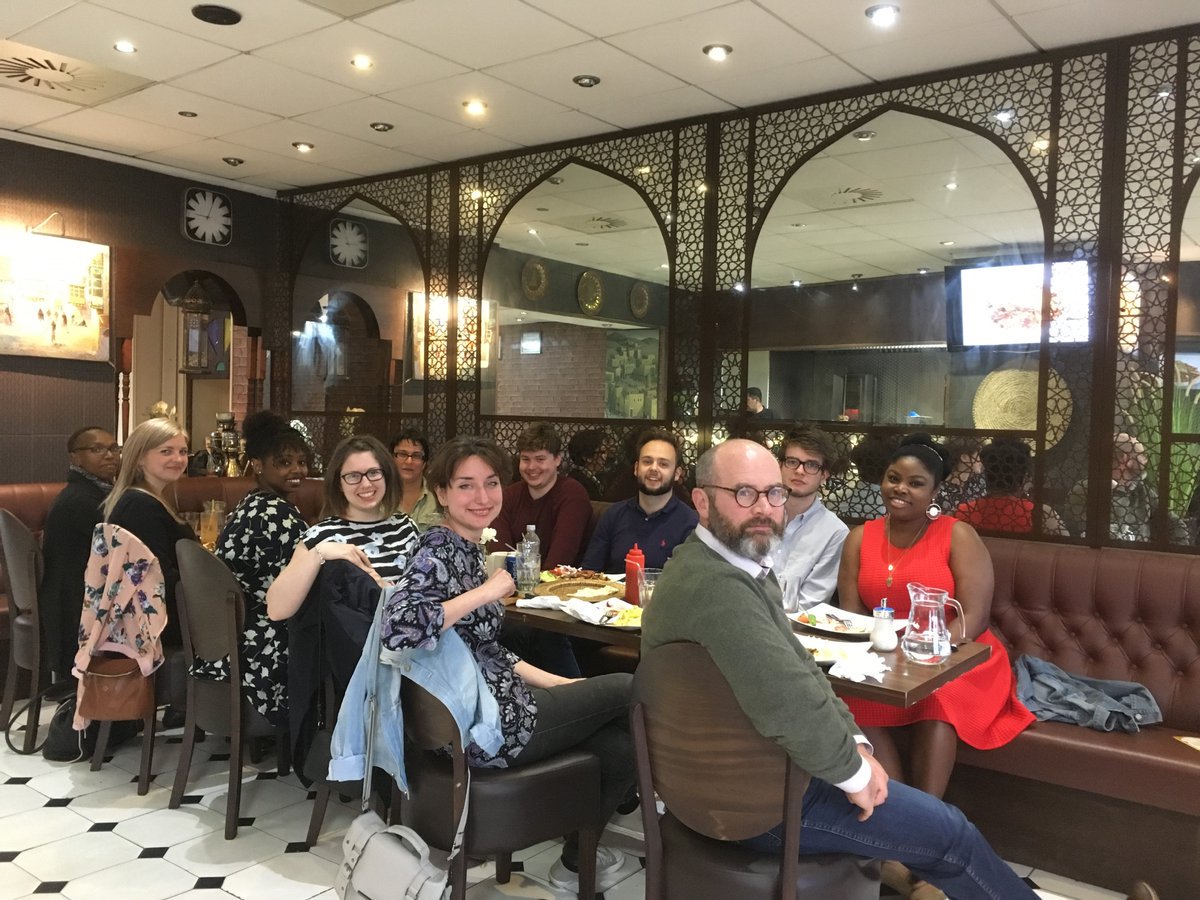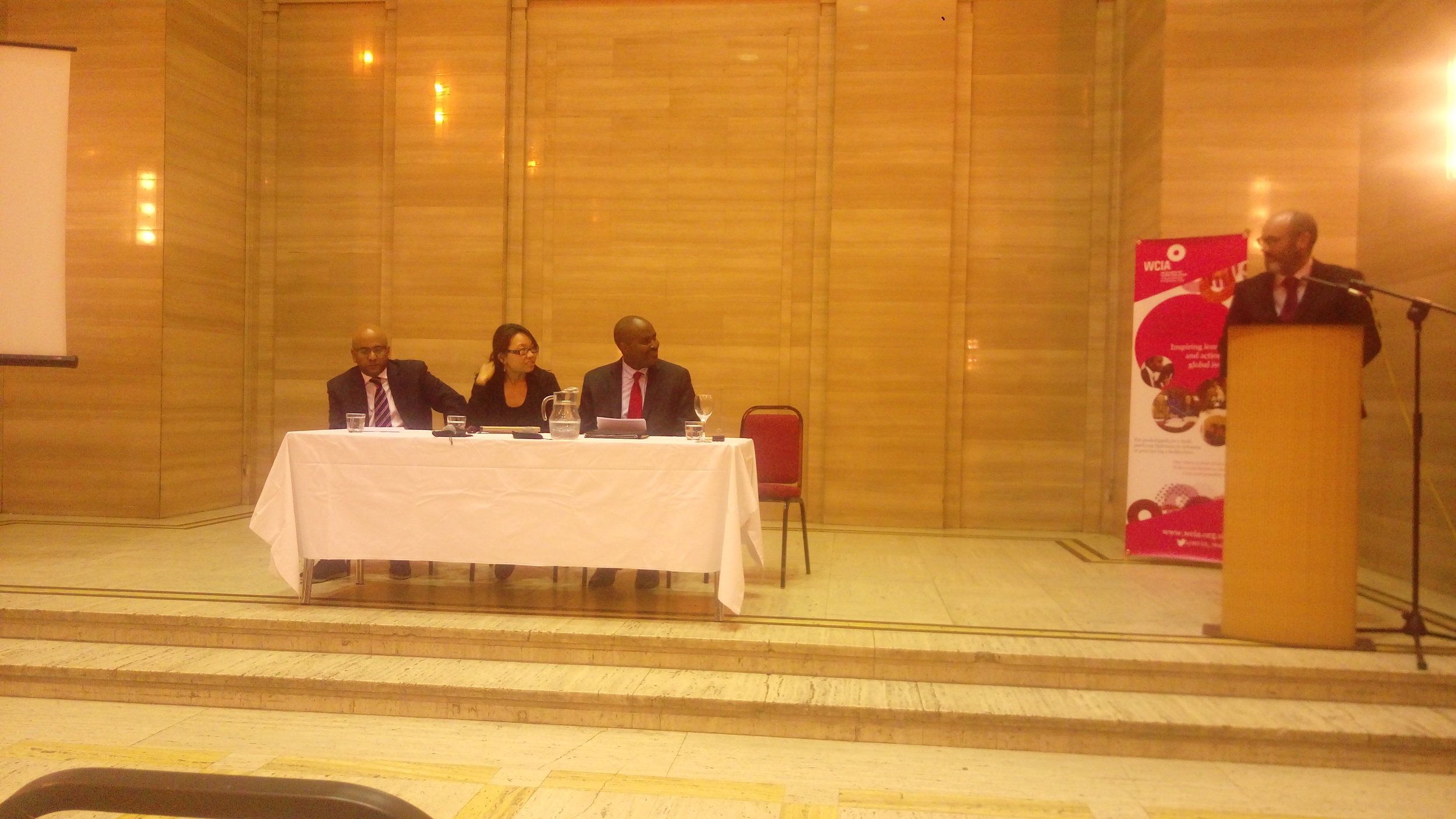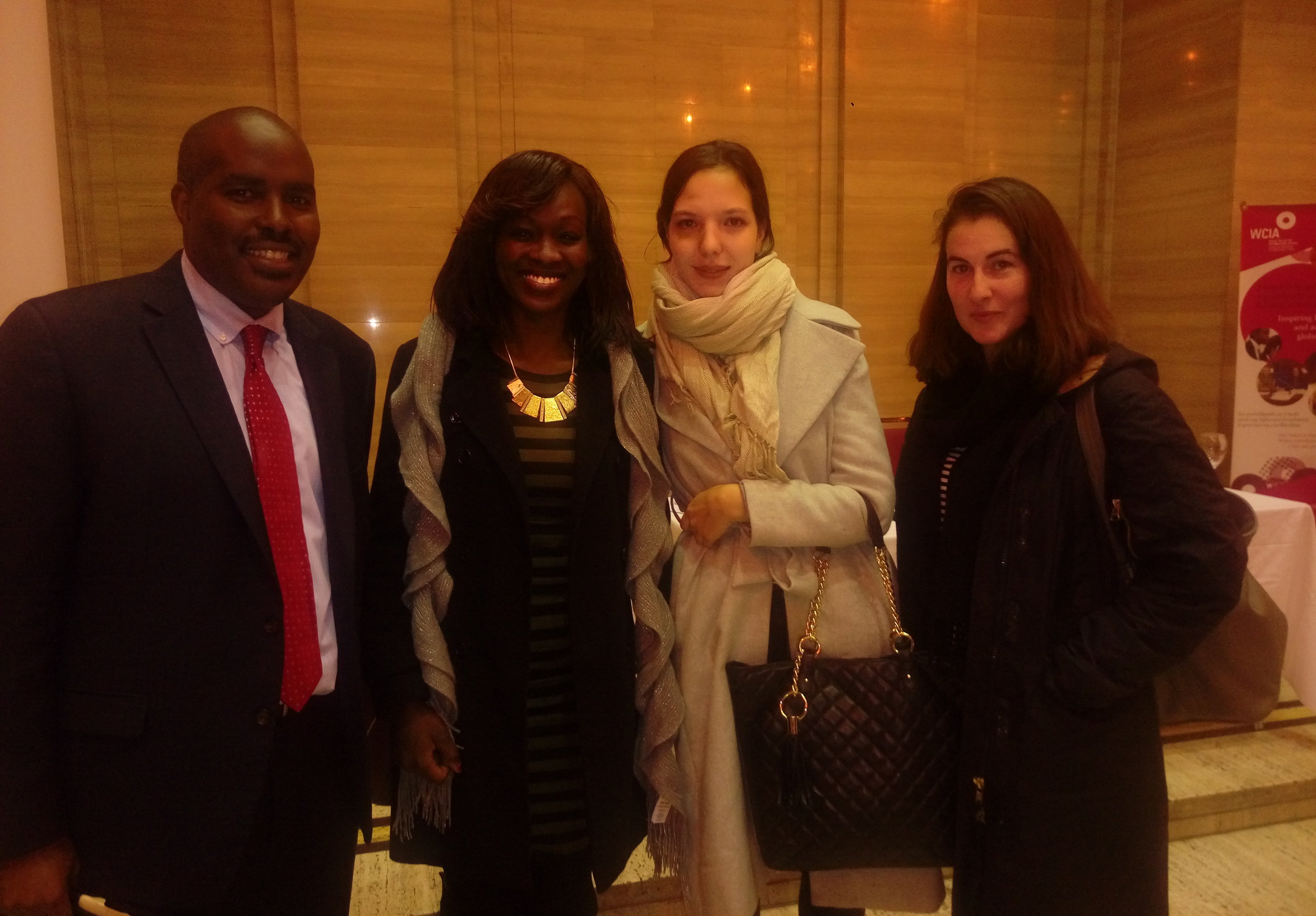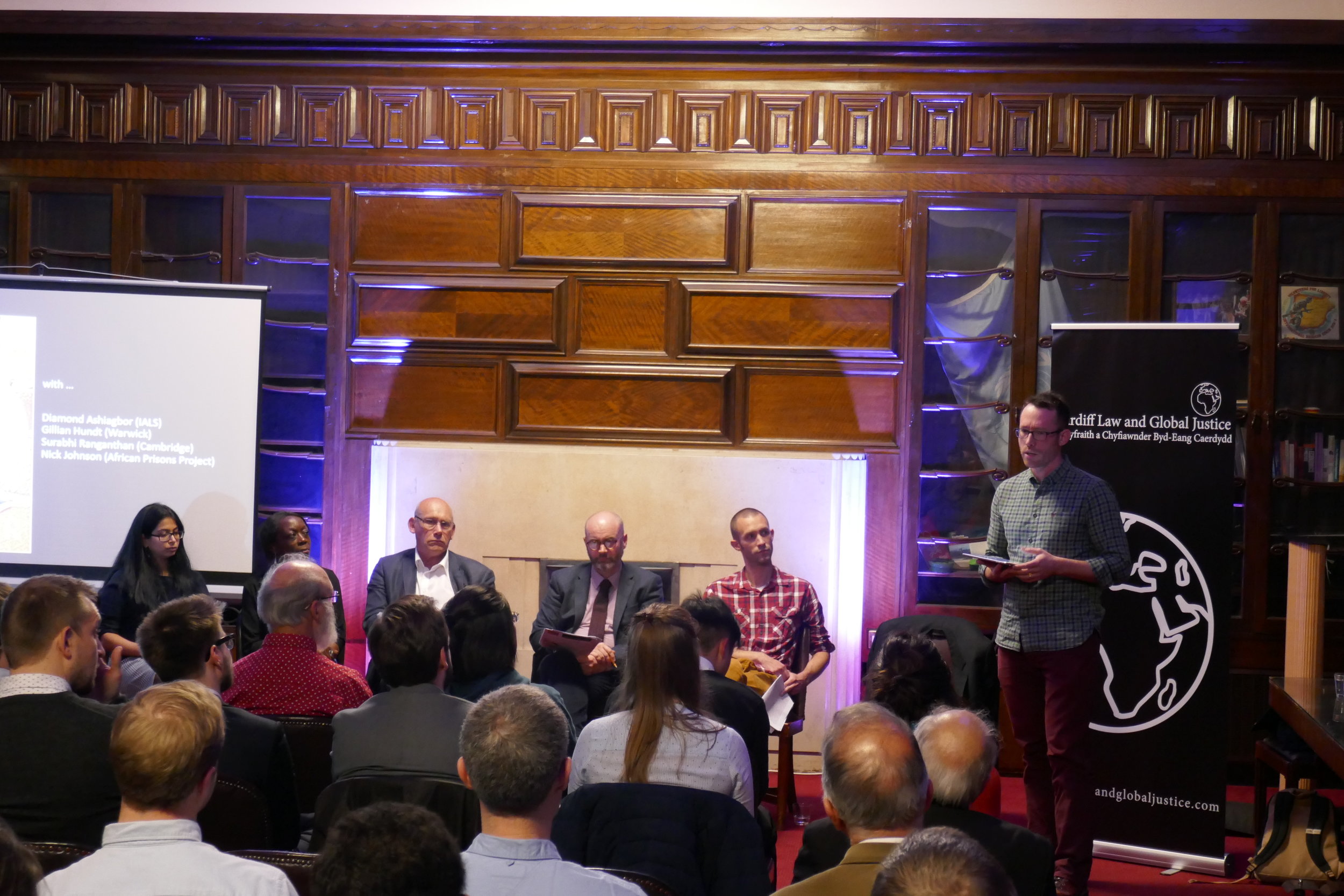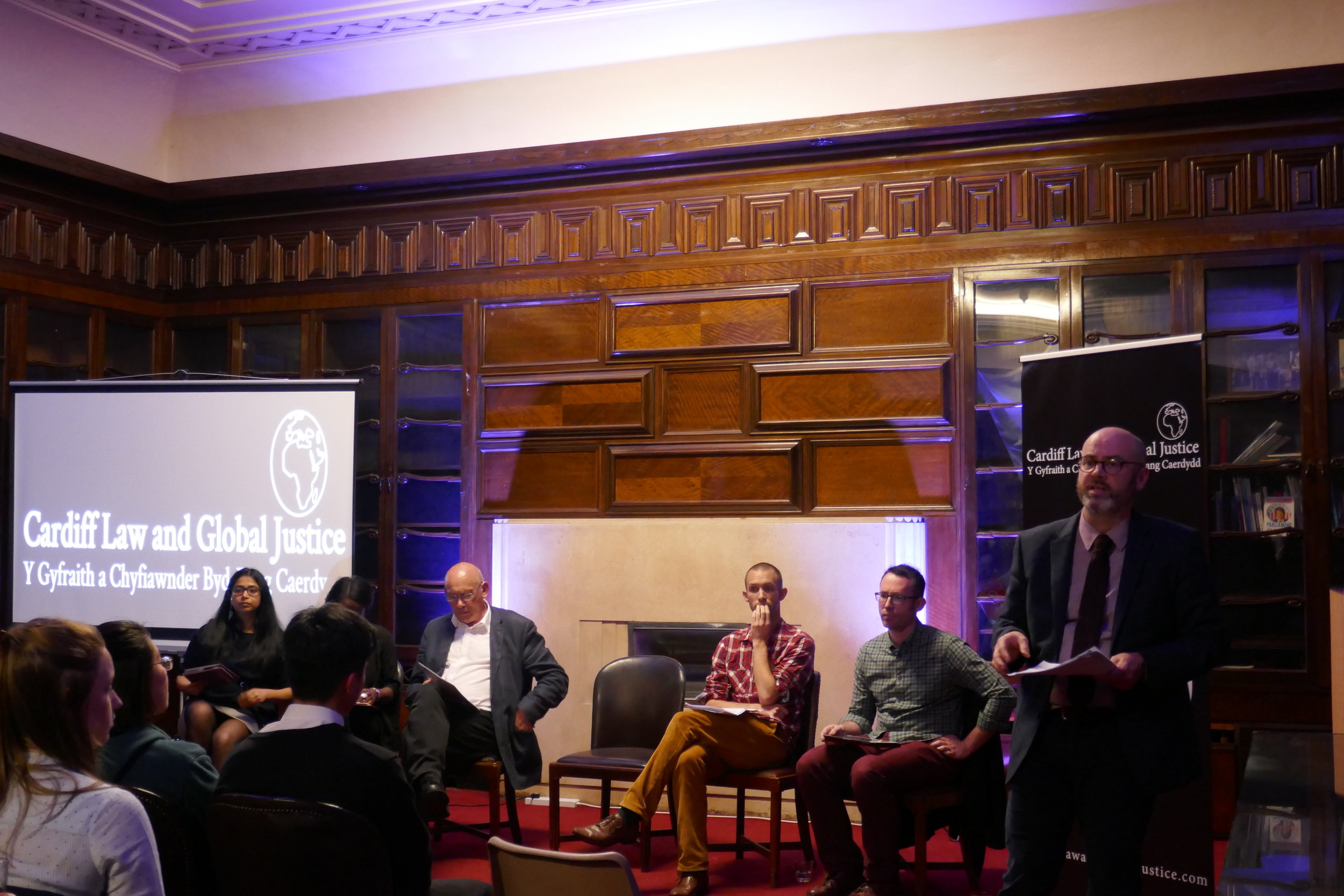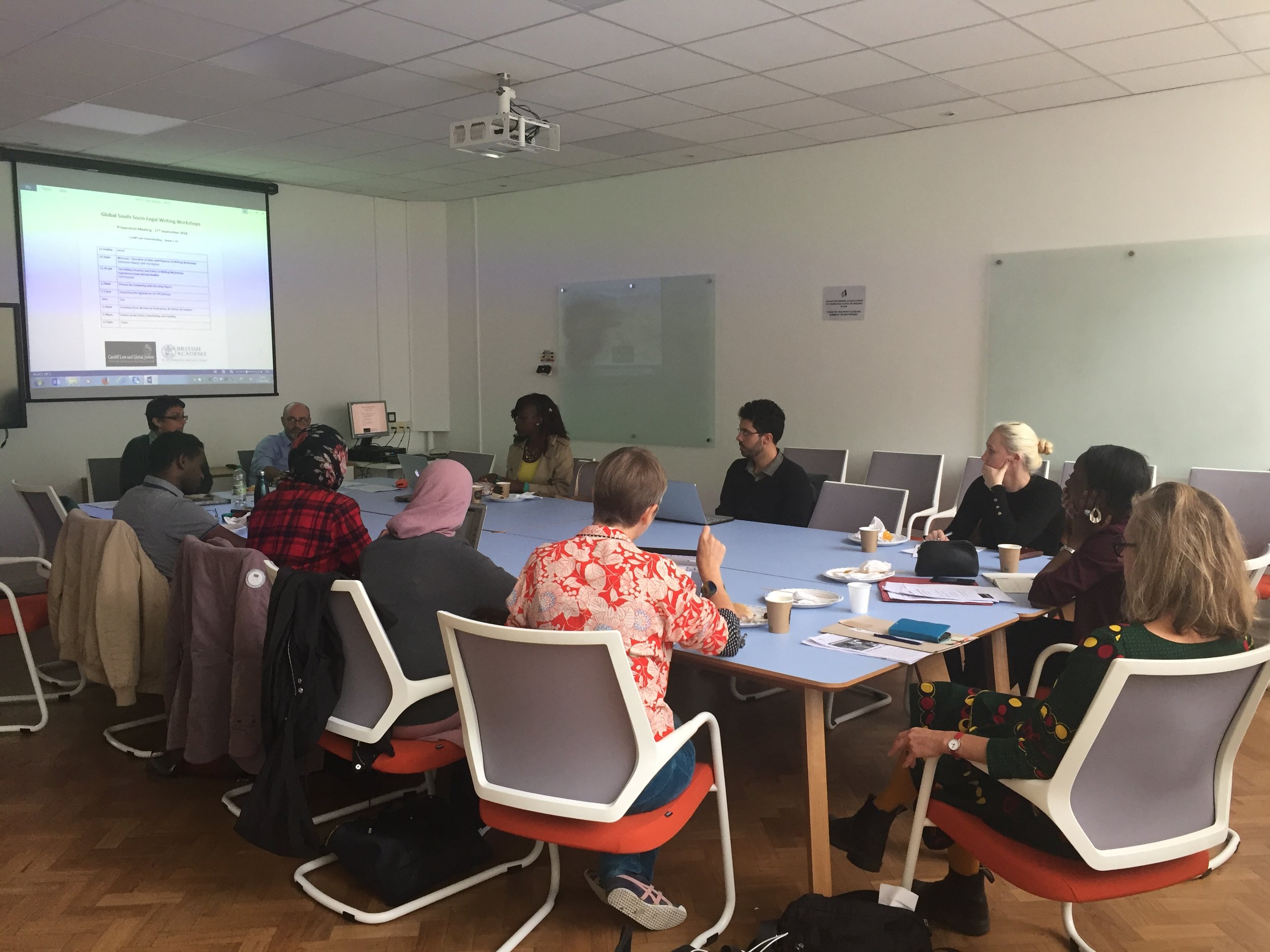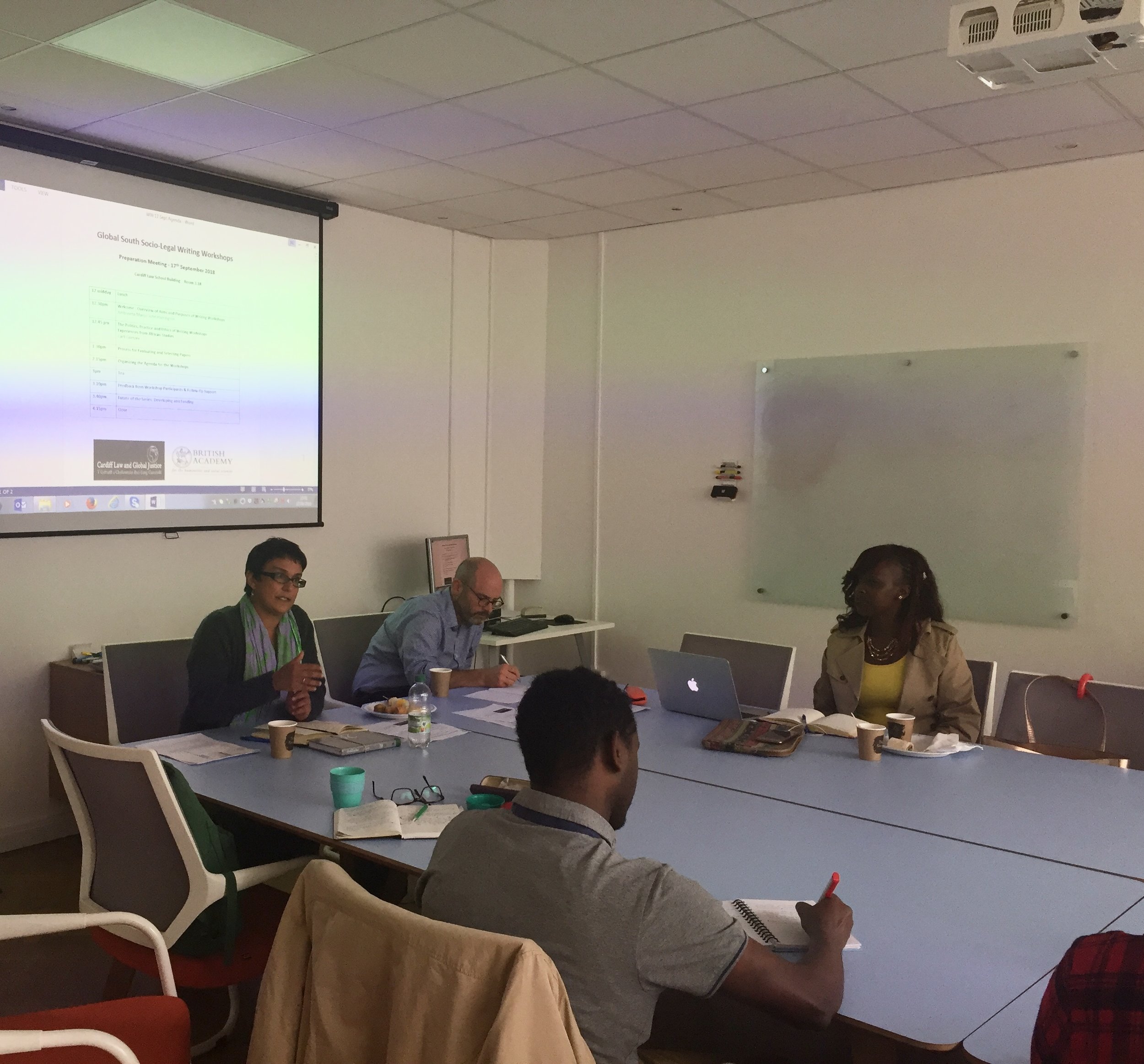The Cardiff Law and Global Justice Annual Kapila Hingorani lecture was given this year by Professor Siobhán Mullally, Director of the Irish Centre for Human Rights at the National University of Ireland, Galway and outgoing chair of the Council of Europe Group of Experts on Action against Trafficking in Human Beings. Titled Beyond the Limits of Human Trafficking and Modern Slavery Law: Decent Work and State Accountability, the lecture was co-hosted by the Welsh Centre of International Affairs at Cardiff’s historic Temple of Peace.
Professor Mullally began her lecture by defining human rights accountability of the state. She then asked the question, ‘what is the role and place of human rights law and practice is to the trafficking in human beings (THB) and the spectre of modern slavery?’ She presented us with reports that situate the various factors that facilitate THB within Europe for labour, domestic and sexual exploitation. The mass immigration of unaccompanied children and vulnerable people has led to diminishing access to justice and limited the role of NGOs and civil societies.
The general criticism of UK and international law in relation to THB is its focus on the criminalisation of perpetrators over victims’ rights. Moreover, by failing to enforce relevant human rights contained, states have pushed accountability for THB away themselves and onto individuals. This is compounded by the fact that the international human rights community tends to focus only on exceptional and in extreme cases, which are not representative of THB. Professor Mullally concluded by answering her initial question: the law is failing to hold states accountable. Nevertheless, the potential for transformative reform is still present. In order to galvanize that response it remains necessary to ask ‘who is the human of human rights?’
In his response Professor Urfan Khaliq, Head of Law at Cardiff University, offered an overview of the emergence of law on modern slavery and human trafficking which contextualize the lecture historically. The lecture was followed by a lively and well-informed discussion between the speakers and a diverse audience of students, academics, and members of the NGO community from Cardiff and beyond.
Our Annual lecture honours the life and work of Pushpa Kapila Hingorani. Kenyan born, she was the first South Asia woman to graduate from Cardiff University, taking her degree in 1951. After qualifying as a barrister in the London and she moved to India to practise law. She is known there for revolutionising the Indian legal system with her husband Nirmal Hingorani through the development of Public Interest Litigation and fighting tirelessly for the disadvantaged people. The Kapila and Nirmal Hingorani Foundation is a close partners of Cardiff Law and Global Justice, in particular supporting our Global Justice Pro-Bono Law Clinic.
The values of unity and social justice that motivated Pushpa Kapila Hingorani are inspire Cardiff Law and Global Justice and were a central focus of Professor Mullally’s lecture. These values are also seen in the partnership with the WCIA who have the goal of creating a more peaceful world through the education of global issues.


